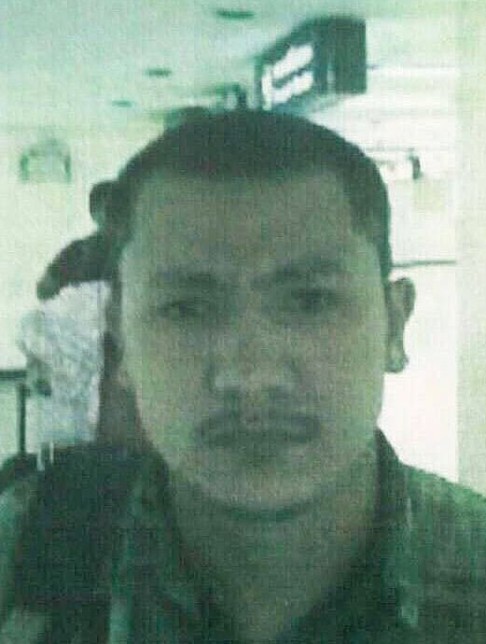
Thai police issue arrest warrant for Pakistani over Bangkok blast
Thai police on Thursday obtained an arrest warrant for a Pakistani man in connection with last month’s deadly bombing in Bangkok that the authorities blame on a people-smuggling gang that moves ethnic Uygurs out of China.
Police spokesman Prawut Thavornsiri said the warrant for Abdul Tawab cites charges of conspiracy to possess unauthorised explosives and conspiracy to possess unauthorised war materials. The warrant was based partly on testimony that he had frequented an apartment where police found bomb-making materials and arrested another suspect.

Police say the motive for the bombing at the Erawan Shrine in central Bangkok’s Rajprasong intersection was revenge for Thai authorities having interfered in their smuggling business, though they have not detailed how. They insist the perpetrators are part of a criminal network, and did not have political motives.
There has been speculation that the attack might have been done to punish Thailand for forcibly repatriating more than 100 Uygurs to China in July. Uygurs allege they are oppressed under Chinese rule, and a small and sometimes violent separatist movement is active. Uygurs are Muslims, and there are also fears that some Uygurs have allied themselves with international jihadist groups.
Thai officials insist the attack was unrelated to any kind of political terrorism, and only on Wednesday did police even publicly acknowledge that the alleged people-smuggling ring moved Uygurs from China to Turkey, where they have linguistic and ethnic links. The identification of previous suspects as being from Xinjiang, the west China home of the Uygurs, and from Turkey seemed to support a link to the Uygur political cause, but the naming of a Pakistani suspect bolsters the police theory that the case involves a multinational smuggling gang.
“This network is related to the smuggling of illegal workers. Most of them were not forced, they wanted to go to this and that country without being caught,” Prawut said. “The people who planted the bomb at Rajprasong used this network’s services.”
Asked if the Pakistani suspect was still in Thailand, Prawut said he would check with immigration police, adding that the authorities had found a woman they believed was his girlfriend. He appeared to be referring to a woman detained this past weekend on an apartment in Bangkok. No charges have yet been filed against her. Thai media have speculated that the Pakistani man may have fled across Thailand’s southern border, and could be one of three people Malaysian authorities have detained at Thailand’s request.

